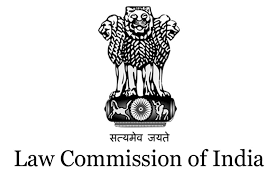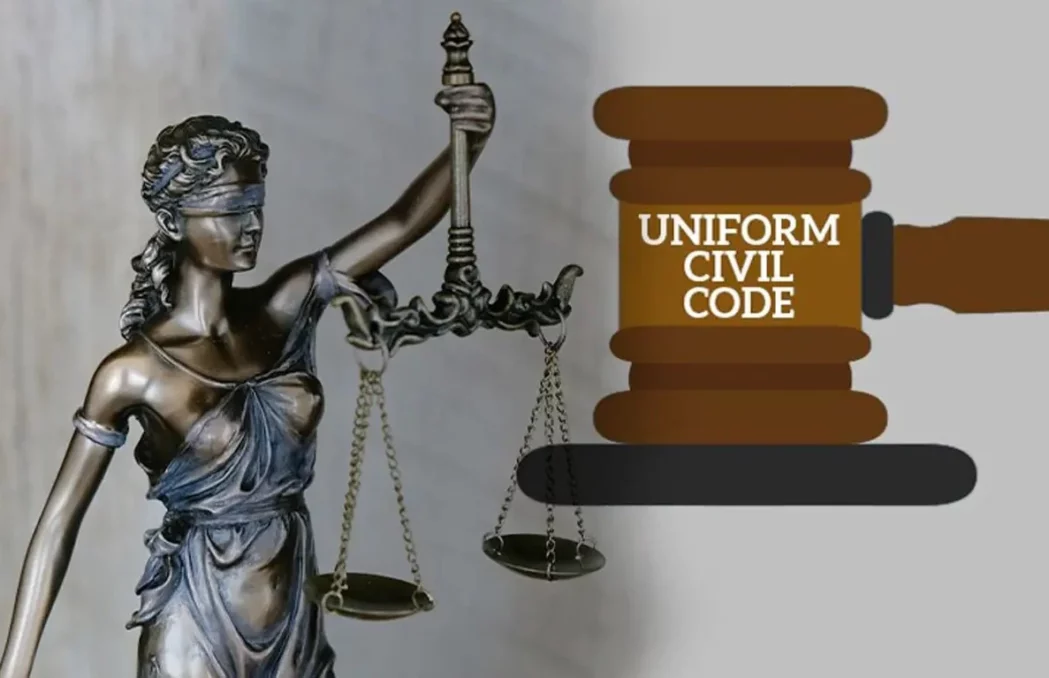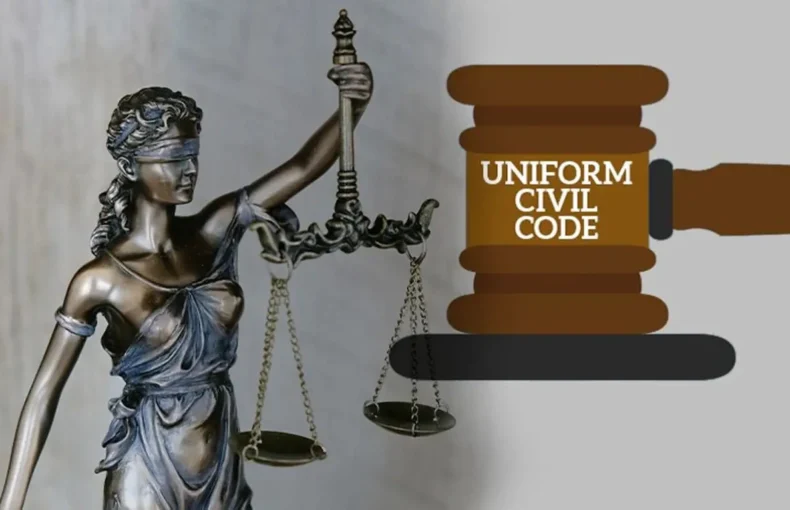Table of Contents
The Rajya Sabha Member of Parliament (MP) and Senior Advocate, P Wilson recently wrote to the Law Commission of India questioning its decision to reopen the discussion on the Uniform Civil Code. He belongs to the Dravida Munnetra Kazhagam (DMK) party of Tamil Nadu. Expressing a strongly critical view, he said that the implementation of a uniform civil code will lead to the destruction of diversity in India.

What did MP Wilson say in his letter to the Commission?
Wilson expressed his fear that the Uniform Civil Code if implemented, would be a danger to India’s secularism. The unique traditions, cultures and customs will be threatened if a Uniform Civil Code is brought into force.
He said that there was no need of reopening the discussion on an issue that had already been discussed and studied extensively. He alleged that the present Commission was trying to undermine the consultation paper released by the earlier law commission in 2018. The 2018 paper was against the Uniform Civil Code.
He invoked the discussion of the diversity prevalent in India arguing that India is home to multiple languages, religions, and customs. Even within Hinduism there existed multiple subcultures with their traditions. A uniform law thus would erode all the diversity.
Wilson also asked the Commission to provide details regarding all the costs that had been incurred because of reopening this discussion. He asked for details about expenditures incurred on consultations and meetings, questionnaires, etc.
Additionally, he also sought details of the participants, consultants and parties involved in these discussions and consultations.
His letter also mentioned how the laws of marriage, divorce, property rights and inheritance fall under the Concurrent List of the Constitution of India, therefore allowing both the central legislature and the state legislatures to make laws on these subjects.

What is the Uniform Civil Code?
Uniform Civil Code refers to a common set of civil laws for all people irrespective of their religion. Regardless of a person’s faith, the Uniform Civil Code (UCC) seeks to impose a unified legal system on all residents. At present, personal rules based on religion control issues like marriage, divorce, and succession.
The Directive Principles of State Policy (DPSP), which are a component of component IV of the Constitution, contain UCC. “The State shall endeavour to secure for the Citizens a uniform civil code throughout the territory of India,” reads Article 44 of the DPSP.

The BJPmade the implementation of the Uniform Civil Code one of its election pledges.
The arguments that took place when the Indian Constitution was being drafted are where the UCC first emerged. A UCC was deemed required by certain members of the Constituent Assembly, particularly Dr BR Ambedkar, to advance gender equality and secularism. Nazirrudin Ahmad was one among the numerous members who opposed it, arguing that religious regulations from various groups shouldn’t be changed without their permission.
Due to the diversity of India and the fact that different religious sects have their rules, the application of the code has been inconsistent. For instance, the male children of an “intestate” individual are favoured under the laws of succession in the majority of faiths. Muslims have a different legal marriageable age than the rest of the population. Polygamy and polyandry are not always permitted by religion and customary personal rules.
Similar to the reasons for divorce, there are diverse religious laws with differing alimony requirements.













